Growing your own food can change your life in ways you might not expect. Even with a small space, it’s an easy step toward something rewarding and impactful. Whether you’re planting in containers or a backyard patch, the experience goes beyond what ends up on your plate. Here’s how taking this simple step can lead to surprising transformations.
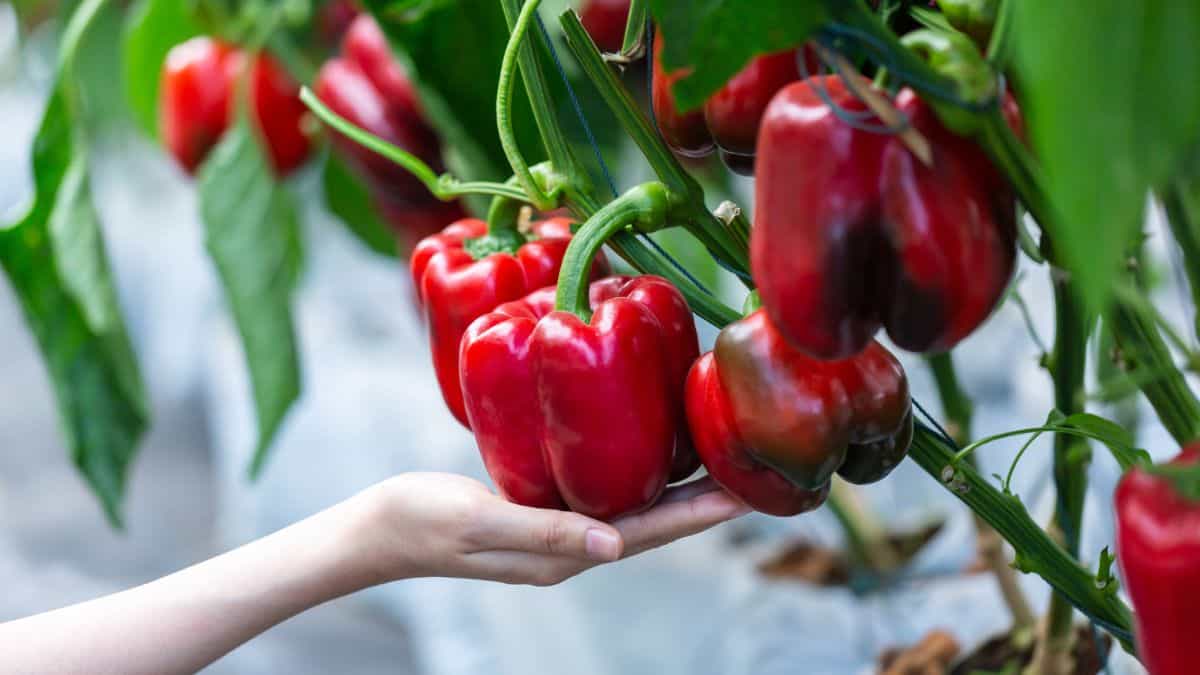
Saves Money


Growing your own food can seriously cut down your grocery bills. Seeds cost pennies on the dollar compared to store-bought produce, and with a bit of time and care, you’ll have a bounty that keeps your wallet happy. Plus, it’s like having a farmers’ market in your backyard.
Convenience


Forget about last-minute runs to the grocery store; having your own garden means fresh produce is just a few steps away. Whether you need some herbs for your pasta or a salad for dinner, it’s right there. It doesn’t get more convenient than that!
Healthier For You


The freshest fruits, vegetables, and herbs pack the biggest nutritional punch, boasting the highest levels of vitamins and minerals right when they’re picked. As time passes after harvest, these crucial nutrients begin to diminish. By enjoying your produce straight from the garden, you’re ensuring you’re eating the healthiest, most nutrient-dense food available. It’s a straightforward way to elevate your diet with the highest quality crops you can get—your own!
Better For The Environment
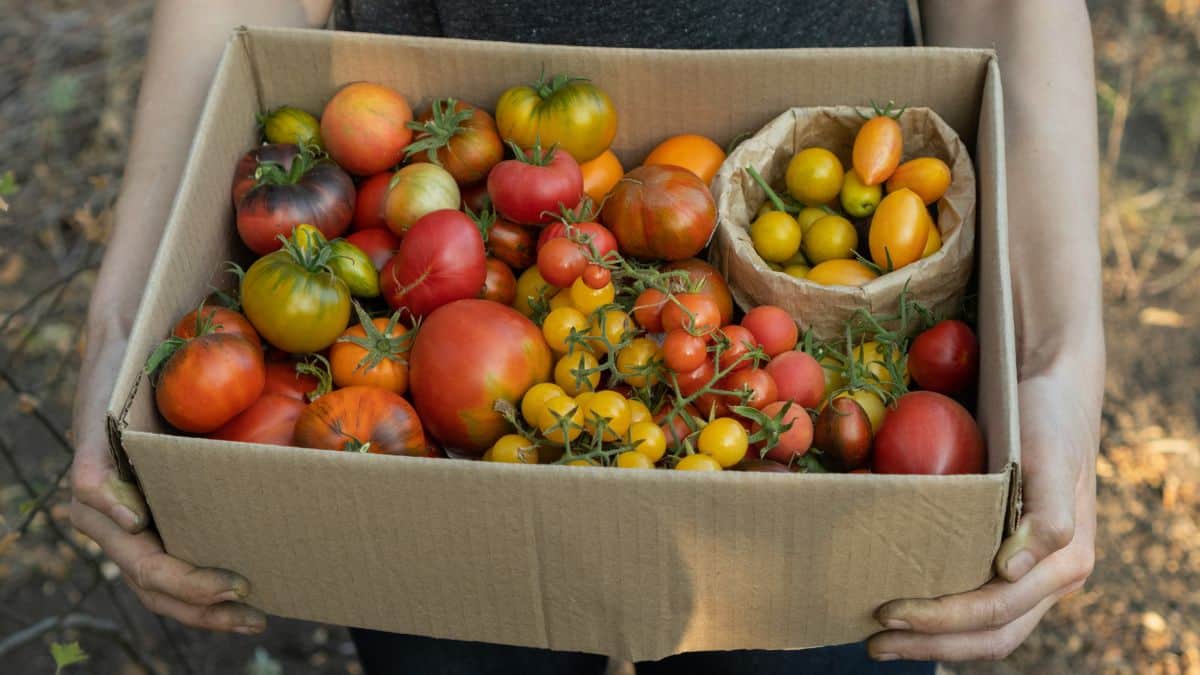

Home gardening means less packaging, less transportation, and ultimately, a smaller carbon footprint. By growing your own food, you’re doing your part to reduce the demand on commercial agriculture, which is a win for the planet.
You Know Exactly How It Was Grown
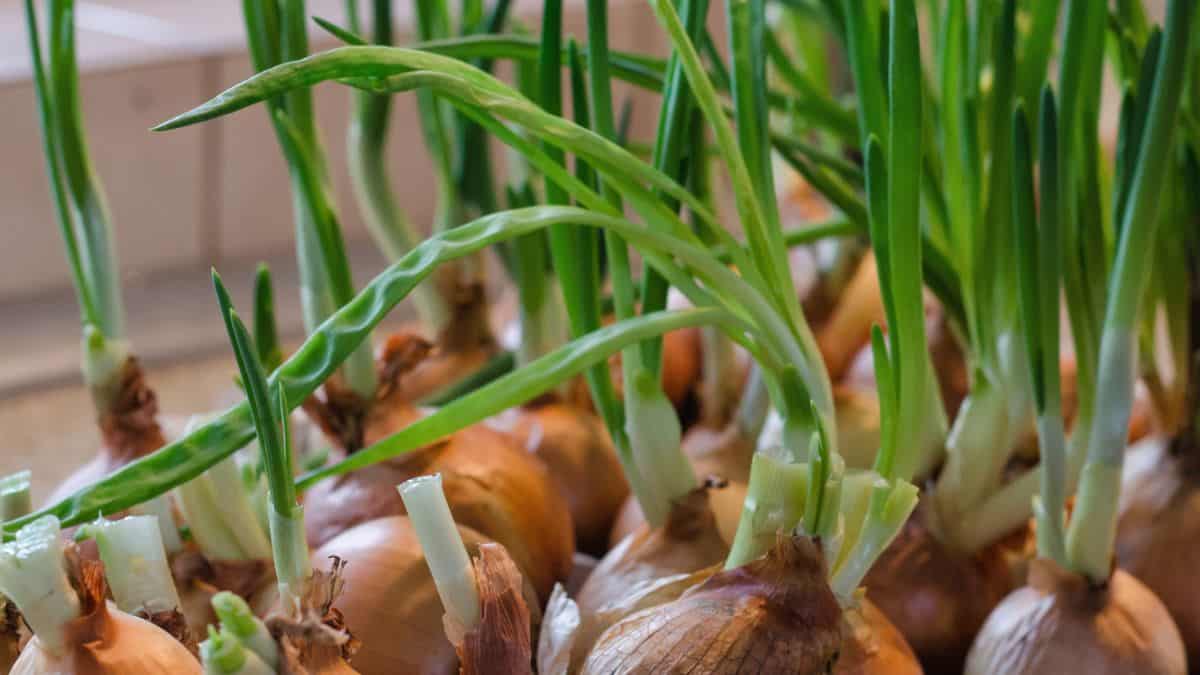

Going spray-free and organic is entirely in your hands when you grow your own food. The uncertainty of what might have been sprayed on vegetables that travel halfway around the globe is gone. Growing your own eliminates the worry over unknown chemicals, giving you complete confidence in the safety and purity of your food. It’s the ultimate way to ensure you’re eating clean and green.
Self-Sufficiency


Growing your own food is empowering. It teaches you to rely on yourself and what you can produce, giving you a sense of independence. Plus, it’s incredibly satisfying to eat a meal that’s entirely homegrown.
Supports Local Pollinators


Your garden helps local bees, butterflies, and other pollinators thrive. By planting a variety of crops, you’re providing essential habitats and food sources for these crucial creatures.
Opportunity To Try New Foods
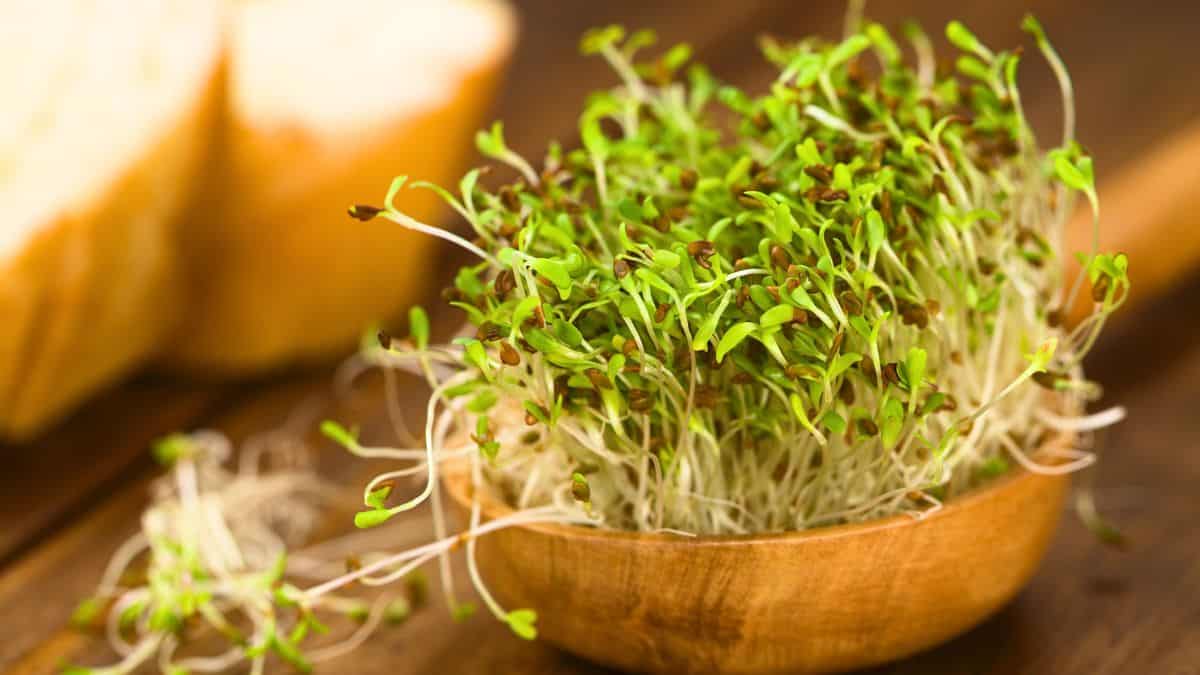

Gardening allows you to experiment with heirloom varieties and exotic vegetables that you might not find in stores. It’s a fantastic way to expand your palate and try something new.
Makes Good Use Of Your Yard
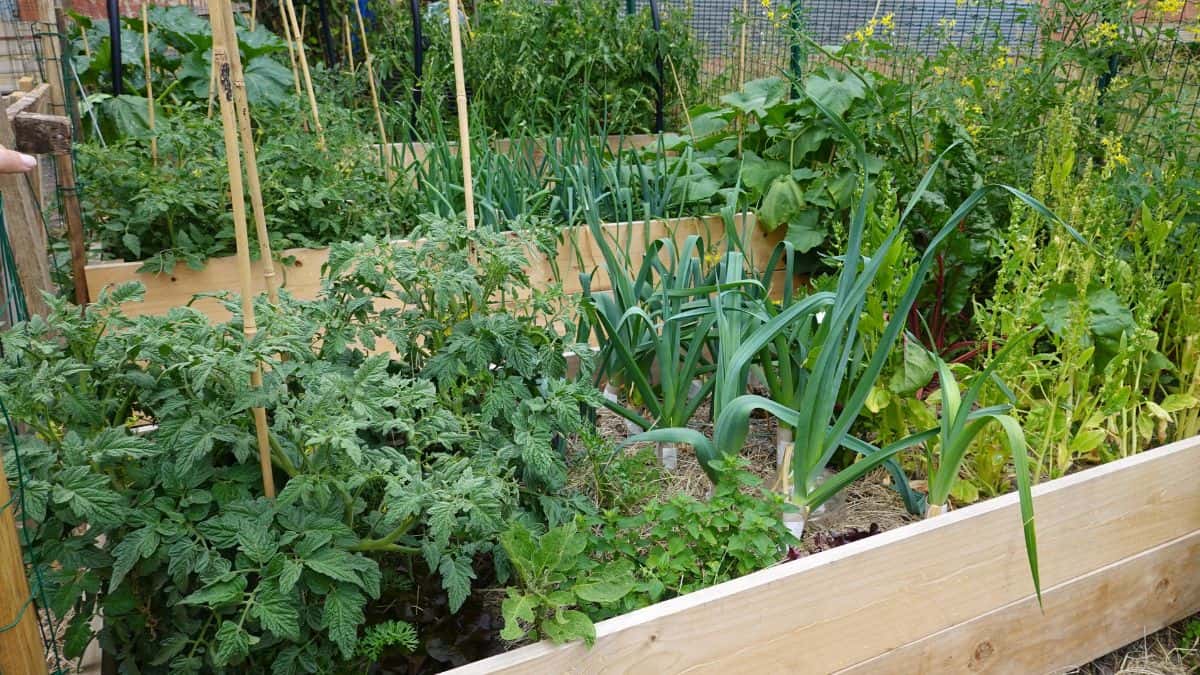

Instead of just a lawn to mow, your yard can become a productive space that feeds you. Transforming even a small area into a garden maximizes your property’s potential.
Teaches Kids About Food


Gardening is a hands-on way for kids to learn where food comes from, how it grows, and the effort it takes to produce it. It’s an invaluable lesson in nutrition and the cycle of life.
Gives You Something To Be Proud Of


There’s a deep sense of pride in sharing a meal that you’ve grown yourself. It’s a tangible result of your care and dedication, and that’s something to celebrate.
Encourages Community


Sharing surplus produce with neighbors or trading tips with local gardeners fosters a sense of community. It’s a great way to connect with others and spread the joy of gardening.
Tastes Better!


There’s no beating the taste of vegetables and fruits picked fresh from your garden. The flavor is unbeatable, and you’ll notice the difference with your first bite. It’s the ultimate reward for your gardening efforts.
6 Vegetables Perfect For Raised Bed Gardens And 3 To Avoid


Jumping into raised bed gardening opens up a whole new world of growing potential, from boosting your soil’s nutrient profile to getting more green in less ground. The beauty of raised beds isn’t just in their efficient drainage or how they keep your soil from getting squashed underfoot; it’s also about making every square inch count. With space at a premium for most of us, picking the right veggies for these elevated patches is key.
Read it Here: 6 Vegetables Perfect For Raised Bed Gardens And 3 To Avoid
13 Ways To Keep Rabbits From Destroying Your Garden
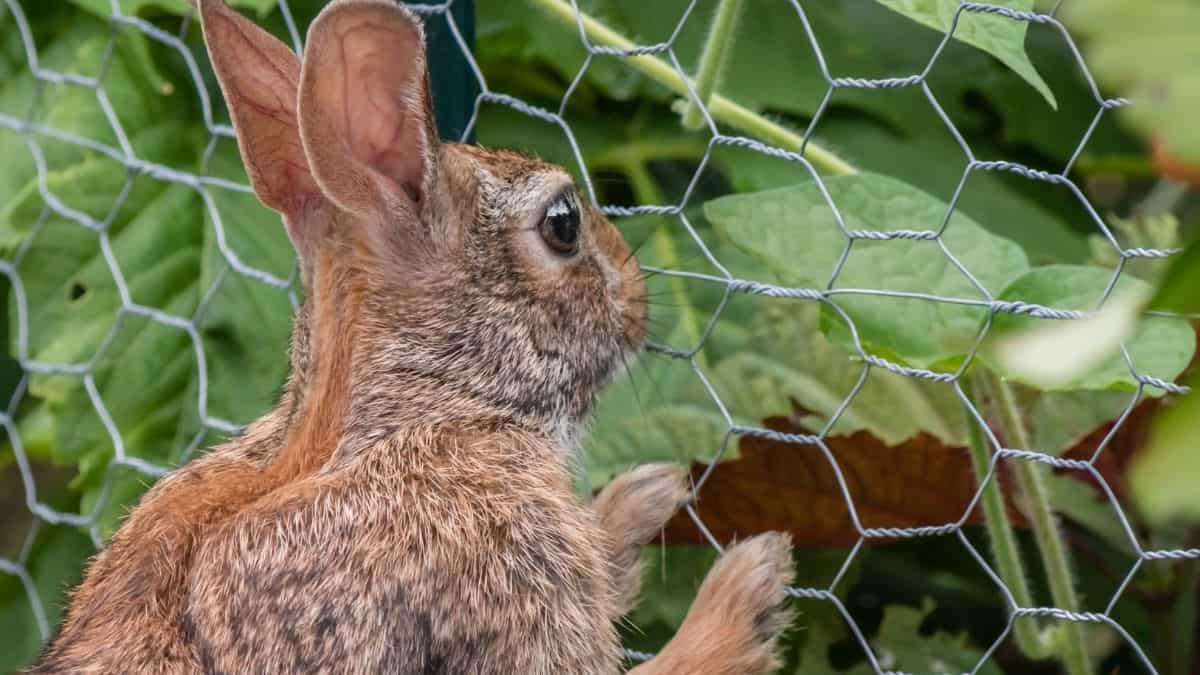

Ever caught a rabbit munching on your prized veggies? It’s cute until it’s your garden they’re feasting on. We’ve got the lowdown on keeping those furry critters at bay. From time-tested tricks to plant preferences that rabbits just can’t resist, here’s everything you need to safeguard your garden and keep those carrots for yourself.
Read it Here: 13 Ways To Keep Rabbits From Destroying Your Garden
Select images provided by Depositphotos.
Gina Matsoukas is an AP syndicated writer. She is the founder, photographer and recipe developer of Running to the Kitchen — a food website focused on providing healthy, wholesome recipes using fresh and seasonal ingredients. Her work has been featured in numerous media outlets both digital and print, including MSN, Huffington post, Buzzfeed, Women’s Health and Food Network.

